Let's suppose I have 3 environments on Azure: Dev, Test and Prod. I have the same pipeline for building and deploying the resources and the code for each one of the environments except for two differences:
- different trigger branch
- different variable values
What is the correct approach for this scenario? Because at least 3 come to my mind, none of which is perfect:
Option 1: I guess I could create a single pipeline on Azure DevOps (triggered by any of 3 branches) with 3 stages for each environment and for each stage add a condition to run depending on the source branch, like this:
condition: eq(variables['Build.SourceBranch'], 'refs/heads/a-branch-name')
and in each stage reference different variables. But this would introduce code duplication in each stage - when adding or modifying a step I would have to remember to edit 3 stages - not desirable.
Option 2: Create 3 separate YAML files in my repository, each one of them with specified trigger branch and referencing the same variable names, then create 3 different pipeline on Azure DevOps, each one of them with different variable values. But this would also introduce code duplication.
Option 3: Create 1 build-and-deploy.yaml file as a template with the steps defined in it and then create another 3 YAML files referring to that template, each with different trigger branch and with different variable values in each Azure Pipeline, like this:
trigger:
branches:
include:
- a-branch-name
steps:
- template: build-and-deploy.yaml
parameters:
parameterName1: $(parameterValue1)
parameterName2: $(parameterValue2)
This seems to be the best option but I haven't seen it used anywhere in the examples so maybe I'm just unaware of downsides of it, if there are any.


